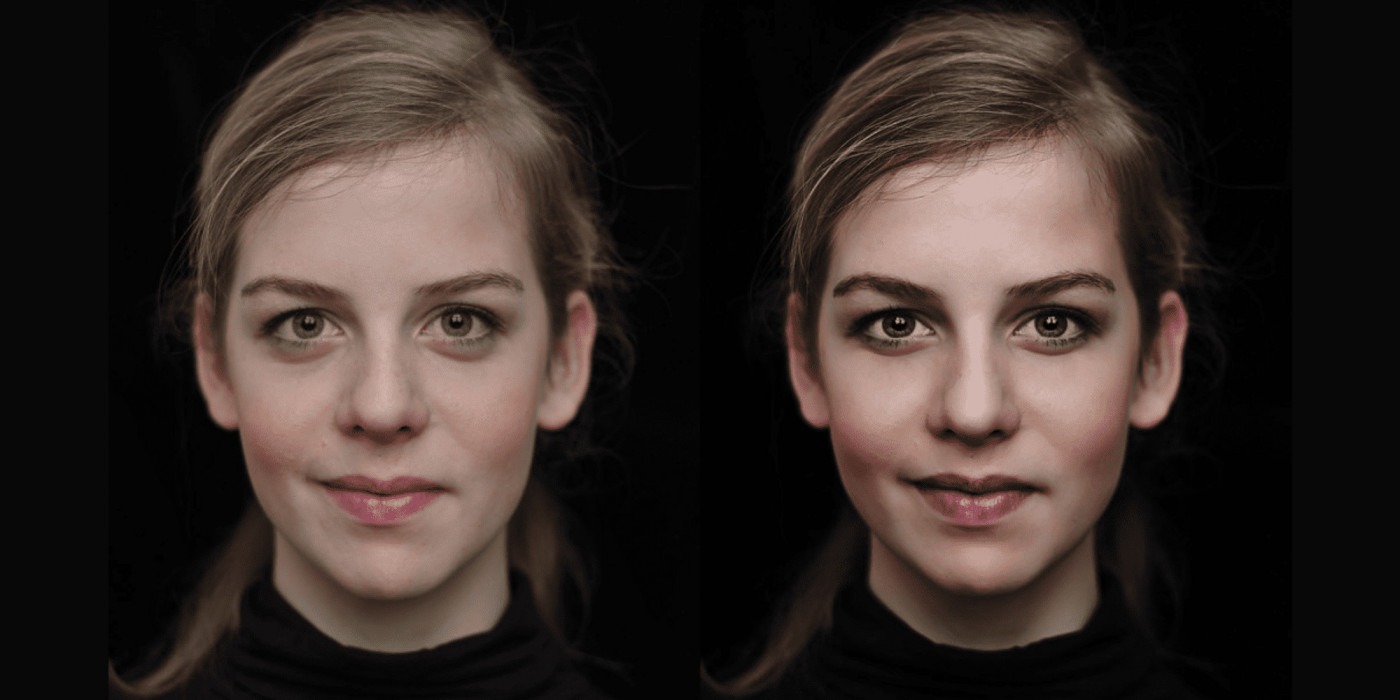The impact of AI on the beauty industry
This year, Dove is celebrating 20 years since the launch of their ‘Campaign for Real Beauty’. This campaign has four key objectives: to employ a diverse range of women to promote the brand, to allow these women to have autonomy over the perception of their own image, to advocate self-esteem and confidence, and finally, to represent ‘realness’. This fourth point assures Dove’s customers that they will never use models or celebrities to represent all women, as well as condemning the use of Photoshop and artificial intelligence to create or distort images of beauty.
Dove’s own research has found that one in three women feel pressure to alter their appearance as a result of their exposure to false and edited images online. This figure begs the question: is the beauty industry failing women and eliminating authenticity and difference from our society? Or is the use of AI a natural transition which we must embrace for its innovations in our increasingly digital world?
Let’s start with some of the more practical uses of AI in the beauty industry. L’Oréal and Maybelline, two popular highstreet beauty brands, have started using AI as a means to allow customers to try their products using an online platform before purchase. Online shoppers can test anything from hair dye to makeup products from the comfort of their own home. This technology aims to serve as a more convenient substitute to ‘testers’ in store, and to reach a wider range of customers.
Four in five people have used filters or apps to alter their appearance by the age of just 13
These AI tester tools do not, however, take different skin and hair types into account, nor do they consider the possibility of negative reactions to products – they merely map the alleged effects of the item over the top of someone’s face. The lack of personalisation in this process in turn creates unrealistic standards for the products themselves, which cannot be expected to appear as flawless as the brighter, airbrushed representations of them which appear on our screens.
Other uses of AI seem to acknowledge human imperfections and differences more directly. Boots and No.7 have collaborated with Revieve to use their AI skin analysis tool to inform clients which of their products will be the most effective for their complexion and skin type. This is a much more personalised AI experience, which aims to take clients’ differences and needs into account. These kinds of innovations were accelerated by the COVID-19 pandemic, as they eliminate the need for face-to-face interaction with a professional. This is appealing to large companies trying to cut their costs, and to customers who simply do not have time to visit a store during its opening hours. However, the drastic job losses which AI imposes are a larger cause for concern. A McKinsey study has predicted that between 400 and 800 million jobs could be replaced by automation by 2030, in just six years.
The largest danger to consider when examining AI’s impact on today’s beauty industry is, of course, not related to the practical damages, but the psychological ones. Beauty filters have become commonplace for anybody on social media. According to a study by Dove’s Self-Esteem Project in 2020, four in five people have used filters or apps to alter their appearance by the age of just 13.
Clearly, Dove is a minority in its mission to represent ‘real’ beauty
Unsurprisingly, it seems that our editing habits mirror the beauty trends and standards of society. Case24 conducted a study which revealed that 33% of us edit our lips before posting a photo, which seems logical when considering the appearance of the extremely influential Kardashians and dangerous internet fads such as the Kylie Jenner lip challenge. AI is becoming a universally accessible substitute for cosmetic surgery, as it can mirror its effects without any cost or physical risk. It provides people with a quick hit of false confidence and validation, all while disillusioning themselves with their appearance and likely having a negative impact on others.
Clearly, Dove is a minority in its mission to represent ‘real’ beauty. It is undeniable that for large brands and companies, AI opens doors. It allows glorified and widespread advertising of products on both company websites and social media. Brands are no longer limited to serving the customers who come looking for them. They can target a much larger audience and manipulate the customer into believing their product is a necessity by presenting them with an idealised version of themselves.

Comments